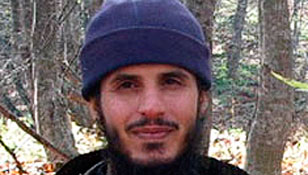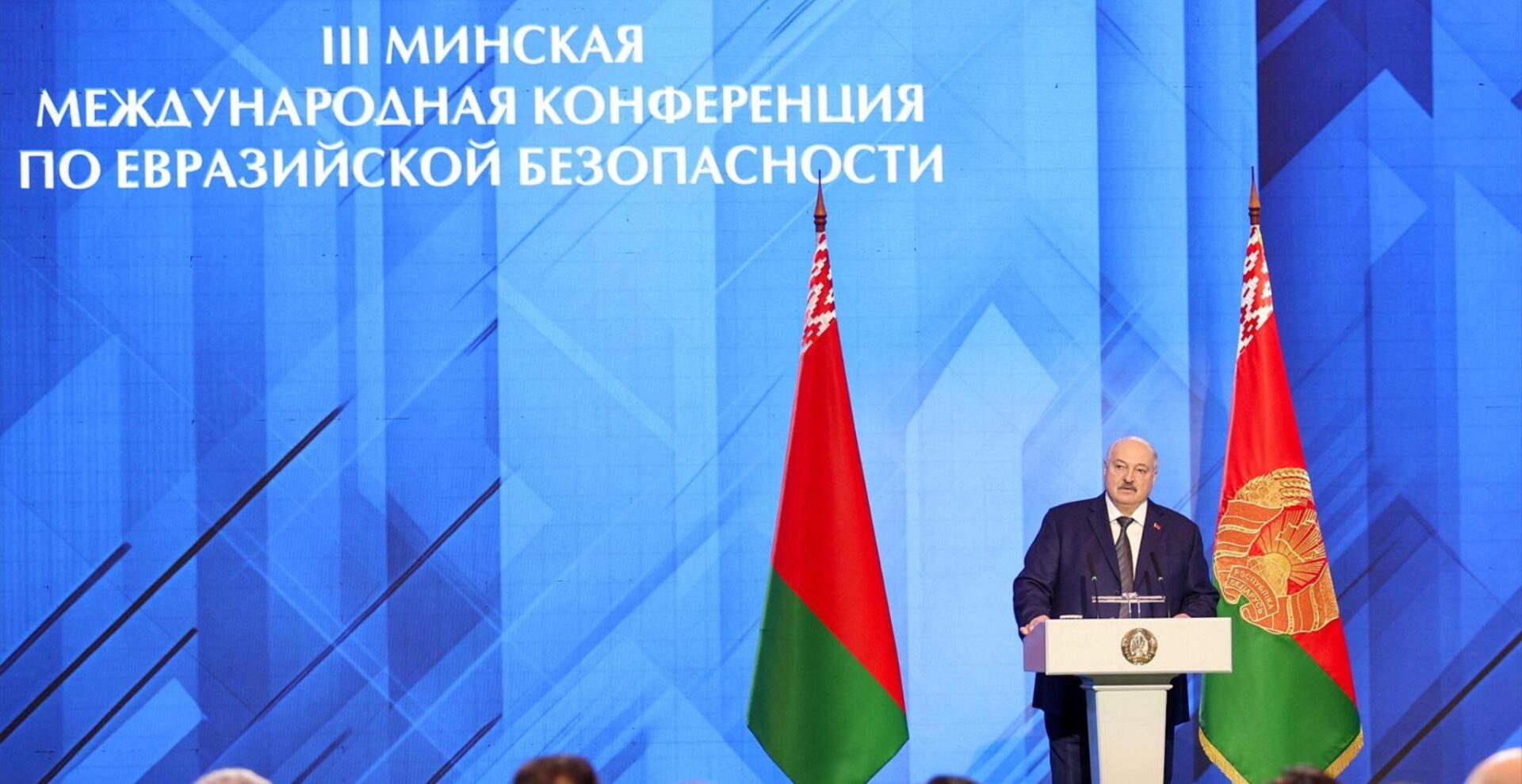
Latest Russian Claims of Victory in North Caucasus Ring Hollow
Latest Russian Claims of Victory in North Caucasus Ring Hollow
The Russian propaganda machine described the death of each and every secondary member of the armed resistance movement in the North Caucasus as having done “irreparable damage to the insurgency.” If the man killed in the fighting is among the volunteers from the Gulf States, Turkey, Algeria or Yemen, then the insurgent would necessarily be linked to al-Qaeda (www.rian.ru/video/20110422/367172173.html). Thus, according to the Russian narrative, every insurgent they manage to eliminate turns out to be an important liaison between Chechen militants and Osama Bin Laden. However the revealing truth is that there have not been as many foreign volunteers in Chechnya as the Russian media have tirelessly been reporting since 1995.
In all likelihood, the death toll among volunteers peaked in 2001, which meant that the subsequent reports of hundreds of foreigners killed by the Russians was clearly an exaggeration. However, Moscow is trying to depict the reality in a completely different light. According to the Kremlin, there have been thousands of foreign mercenaries – a claim which, to put it mildly, does not deserve a serious refutation because of its absurdity and excessively propagandized nature. Such claims are aimed at placing Russia side by side with the United States in the common struggle against international terrorism. (www.izvestia.ru/world/article9721/).
There have recently been exuberant reports on the liquidation of yet another foreign volunteer among the ranks of the armed militants while other reports have claimed that these types of killings have marked the beginning of the end of the insurgency in Chechnya (Ramzan Kadyrov: The Militants Willing to Lay Down Their Arms, Rosbalt-Kavkaz, April 23, 2011). This time, the target of Russia’s special forces was Emir Khaled Youssef Mohammed Al Emirate, aka Emir Mukhannad, who had become known to the public after three leading Chechen commanders renounced their oaths of allegiance to Doku Umarov, emir of the North Caucasus Emirate. Mukhannad was accused of organizing the conspiracy against the rebel leader. But the irony is that the death of Emir Mukhannad will make life a lot easier for Umarov to persuade the breakaway Chechen commanders – Aslanbek Vadalov, Khusein Gakaev and Tarkhan Gaziev – to reunite under his command in the fight against the common enemy.
Russian officials could not resist the temptation to once again throw mud at Georgia, accusing it of sheltering militants on its territory. Nikolai Sintsov, a representative of the Information Center of Russia’s National Anti-Terrorist Committee (NAK), claimed that Emir Mukhannad had been organizing a new group of militants to infiltrate into the North Caucasus from Georgian territory. But the death of Mukhannad, so picturesquely portrayed by a Russian author in the French newspaper Le Monde as a bright victory for the Federal Security Service (FSB), will in all probability go unnoticed by the Caucasus rebels
(https://www.inosmi.ru/politic/20110423/168692679.html).
Representatives of the Russian propaganda machine should recall their own very similar statements after the elimination of Emir Khattab in 2002, Aslan Maskhadov in 2005, Abdul-Khalim Sadulaev in 2006 and Shamil Basaev in 2006. Although each of them was a prominent figure in the Chechen resistance movement, their deaths did not affect the overall picture. What did happen after the liquidation of each of the commanders was that insurgent tactics were modified, but all in all the movement itself did not become any weaker. Their new replacements in the hierarchy brought fresh ideas and new tasks, attracting more and more recruits into the North Caucasus armed insurgency. Moving away from the original plan of establishing an independent Chechen Republic of Ichkeria and embracing instead the idea of establishing the Caucasus Emirate, the rebels expanded their understanding of a united Caucasus, with Islam becoming a fundamental force that could bring together all the peoples of the North Caucasus, who differ from one another in culture, language and tradition.
Meanwhile, the rebels, caring little about what Russian analysts have to say and what Russian experts have forecast, continue their struggle aimed at exhausting Russian power in the region. Despite the fact that the Russian government, for security reasons, decided to halt the movement of passenger and freight trains at night (https://korrespondent.net/russia/1184923-v-dagestane-i-chechne-passazhirskie-poezda-perestali-hodit-po-nocham), the move has not succeeded in halting the continued attacks on trains in the region. Following the bombings on February 4 and March 10, Dagestani fighters carried out a railroad bombing on April 23 that appears to have paralyzed train traffic across Dagestan (https://lenta.ru/news/2011/04/23/bombs/). Moreover, Russian officials reported that same day that they had defused another four bombs on the railways, which underscores the capacity of militants to strike even when heavy security measures are in place. Shootings and other attacks have continued in both Dagestan (www.regnum.ru/news/kavkaz/1397991.html) and Chechnya (https://www.kavkaz-uzel.ru/articles/184097/0). In response, the Russian authorities have beefed up countermeasures against the rebels, which, according to human rights groups, have led to rights violations. Oleg Orlov, the head of the Memorial group, claims there is a persistent climate of fear in Chechnya, where kidnappings and summary executions continue to take place (https://www.kavkaz-uzel.ru/articles/184074/).
Meanwhile, there have been no significant rebel actions in Kabardino-Balkaria and Ingushetia over the past two weeks. This is apparently due to ongoing counter-terrorism operations involving significant forces of the Federal Security Service (FSB) and Interior and Defense ministries, as well as additional troops deployed in those regions, which may have prompted the local rebels to temporarily put their activities on hold.
It should be noted that the Russian public has become increasingly sensitive to the events unfolding in the North Caucasus. The mass beatings of Caucasians in December 2010 with the obvious connivance of the authorities in Moscow evoked an atmosphere of impunity. Recently, a rally was held in Moscow under the slogan “Stop feeding the Caucasus.” These kinds of slogans, which are clearly concocted with the help of the government, are meant to remind the public that the Caucasus is a burden to Moscow. Although the rally did not attract a big crowd, the very fact that such a gathering was organized in the Russian capital is very telling. Increasingly, businessmen and politicians in the North Caucasus are beginning to think about the future of the Russian Caucasus. In light of what is happening today, it is unlikely that Moscow sees the North Caucasus as a friendly and integral part of the Russian state.
(https://www.youtube.com/watch?v=FQnQ-zZRn2c)


